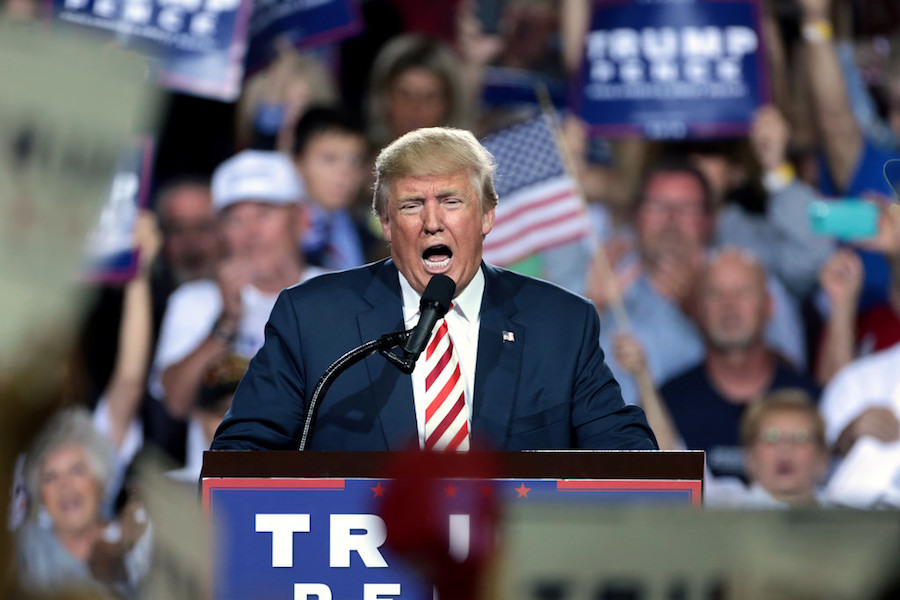Thomas Ferguson is the Research Director at the Institute for New Economic Thinking. He is Professor Emeritus at the University of Massachusetts, Boston and Senior Fellow at Better Markets. He received his Ph.D. from Princeton University and taught formerly at MIT and the University of Texas, Austin. He is the author or coauthor of several books, including Golden Rule (University of Chicago Press, 1995) and Right Turn (Hill & Wang, 1986). His articles have appeared in many scholarly journals, including the Quarterly Journal of Economics, International Organization, International Studies Quarterly, and the Journal of Economic History. He is a member of the editorial board of the International Journal of Political Economy and a longtime Contributing Editor at The Nation.
Thomas Ferguson
By this expert
Big Money—Not Political Tribalism—Drives US Elections

Conventional wisdom asserts that American politics is becoming more and more tribal. But the chiefs of the tribes share a lot in common: dependence on big money.
Economic Distress Did Drive Trump’s Win

Contrary to the dominant media narrative, social issues like racism and sexism on their own can’t explain Trump’s success.
The Economic and Social Roots of Populist Rebellion: Support for Donald Trump in 2016
This paper critically analyzes voting patterns in the 2016 U.S. presidential election.
INET Memo to G20: The Trouble with Economic Research Evaluation
In a memo for the G20, INET calls for changes to the evaluation of economic research to ensure that economic theory—and policy—is more rigorous, innovative, and in service to society.
Featuring this expert
YSI North America Convening

On February 22-24, 2019, the Young Scholars Initiative (YSI) will host its North America Convening in Los Angeles.
Jacobin Q&A with Tom Ferguson
Jacobin Magazine’s Q&A with Tom Ferguson about his new INET paper.
Real News Network Features INET Paper on 2016 Election
Real News Network interviews INET Research Director Tom Ferguson about his new paper on money and the 2016 U.S. presidential election.
Thomas Ferguson on Background Briefing
INET Research Director Tom Ferugson talks about Donald Trump and racial resentment with Ian Masters’s Background Briefing
